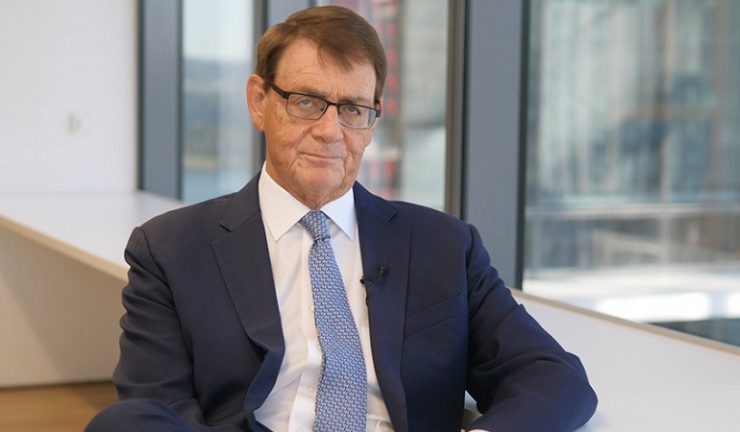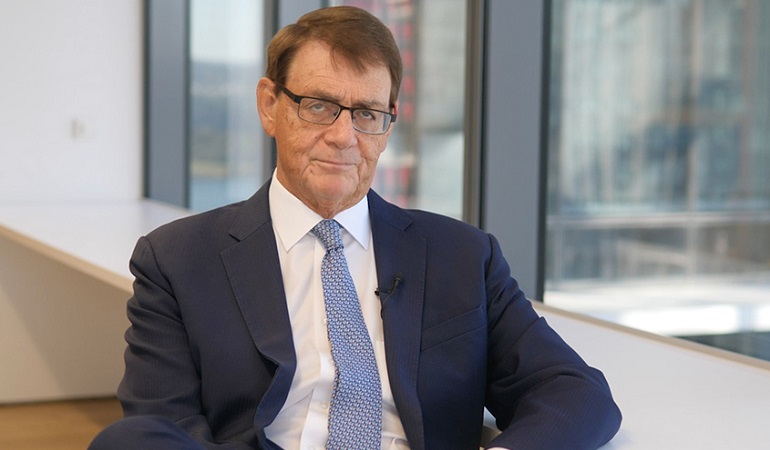The Westpac-Melbourne Institute Consumer Sentiment Index fell 3.8% in March, hitting a five-year low.
Westpac chief economist, Bill Evans (pictured) said the worsening coronavirus outbreak and associated rout in the financial market had a major impact on sentiment this month, the second lowest level of the index since the Global Financial Crisis.
“While clearly very concerned, consumers are, for now, taking a more balanced approach to the situation than we saw during the GFC,” Evans said.
Other evidence of this can be found by comparing ‘family finances’ and ‘time to buy a major household item’ components of the index which registered 63.7 and 88.2 respectively at the low point of the GFC, compared to the current reads of 82.7 and 111.4 respectively.

However, there are concerning signs for retailers that consumers are less inclined to spend. In particular, the ‘time to buy a major household item’ sub-index showed a material 4.3% fall, a five-year low. “That may reflect both increased uncertainty about the economy and concerns about the health risks associated with public places,” he said. “A sharp rise in job loss fears also suggests consumers may look to delay or cut back on big ticket expenditure items.”
Sentiment around housing also softened with the ‘time to buy a dwelling’ measure dipping slightly in March. Evans said while that looks resilient compared to other aspects of the survey, it is unusual for the index to fall following an interest rate cut.
“The survey detail shows consumers are rightly concerned about the near-term outlook for the economy but are less perturbed about their finances or the longer-term outlook for the economy. That is consistent with the notion that virus-related disruptions will be large but temporary,” he said.
A more positive aspect of the finer survey detail is a sharp 20% rebound in sentiment in regional NSW, an area hit hard by summer’s bushfires and severe drought. The reading suggests bushfire aid and consistent rain are providing a welcome lift in confidence.
The Reserve Bank Board meets on April 7. Given the clear risks being faced by the Australian economy over the next few months the Board is likely to lower the cash rate by a further 0.25%, Evans said. “That will take the cash rate target to 0.25%, the lower bound for the RBA’s policy rate, as indicated by the governor in a speech on November 26 last year.”

